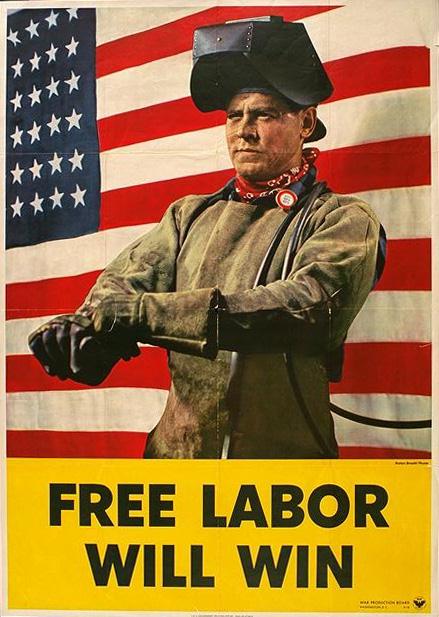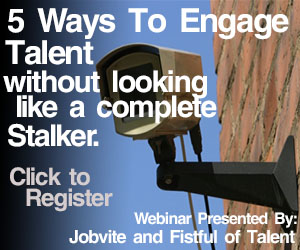Three quick takes on the Facebook mood manipulation study
By now you have certainly heard or read about Facebook's 2012 study in which researchers altered the messages and posts presented in about 700,000 users' newsfeeds in order to determine if seeing relatively more negatively or positively connotative posts would in fact make the user him or herself tend to post more negative or positive posts than they might otherwise.
Turns out, that yes, seeing more positive or happy kinds of posts led users to post (to a small degree), more positive and happy updates themselves, while the inverse, with more negative posts in the feeds led to more negative updates than would have been expected.
Here is a quote from the research paper that was published in the Proceedings of the National Academy of Sciences (PNAS).
“When positive expressions were reduced, people produced fewer positive posts and more negative posts; when negative expressions were reduced, the opposite pattern occurred. These results indicate that emotions expressed by others on Facebook influence our own emotions, constituting experimental evidence for massive-scale contagion via social networks.”
This study became news not so much for the findings themselves, (which seem kind of obvious), but for the expected and now kind of tired internet rage that accompanies every questionable move Facebook makes around privacy or related matters. How dare they manipulate the emotions and possibly the mental well-being of so many of its users in the name of a (kind of dopey) experiment? That kind of thing.
So since I A: Don't really use or care that much about Facebook to be emotionally invested in this, and B: Need something other than the NBA or HR Tech to blog about occasionally, here are my (FREE) three quick takes on what this entire 'Facebook is using us for lab mice' kerfluffle should mean to you:
1. You have been a lab mouse for years, you just like to forget this (or don't care). The instant Facebook began to tailor or select on your behalf the updates and posts it decided to display for you, (as opposed to a simple reverse chronological feed of all the updates from your friends and the pages you follow), you became a part of their little devious laboratory. In fact, you likely have no idea why Facebook shows you what it does, you just kind of accept it and move on. You miss probably hundreds of updates every week because Facebook has decided not to show them to you. You are already a mouse in their maze.
2. The business of Facebook is selling ads. The 'emotion' study, the hiding or promoting of items in your feed, the insane amount of times Facebook asks you for more information about you and your life are all for one (ultimate) purpose only - to better target you with 'relevant' ads. The more that FB can do to understand you, the longer it can keep you engaged and using the site, the more it can learn about you. And the more it knows about you the more about you it can package and sell to GM and Clorox and Microsoft. You get angry at FB for this little experiment because you have not yet made the leap to seeing them for what they are - a giant, publicly traded corporation that has to make its numbers every quarter.
3. You (probably) care too much about Facebook for this to matter to you. If this emotion study and the dozen other times FB has played fast and loose with privacy in the last few years really bothered you that much, you would simply opt out. But I bet 99% of the people that are reading this post have an active FB account. I do too. It doesn't mean that I agree with what they like to do with our data, but it also means that for whatever reason we keep giving them the benefit of the doubt, while silently acceding to their experiments and whims. We have allowed FB to become so important to our family lives or our businesses that we simply keep taking (and giving) whatever new change/experiment they care to dish out. I read 10 articles today expressing various levels of outrage over these 2012 experiments. I have not yet heard of anyone I know deleting their FB account.
If you don't like the rules, then you have to start your own game, in your own sandbox. Until then...
Ok, I'm out. Be sure to 'like' this on Facebook. Maybe Marky Z. will make sure other happy people see that you did.

 Steve
Steve




